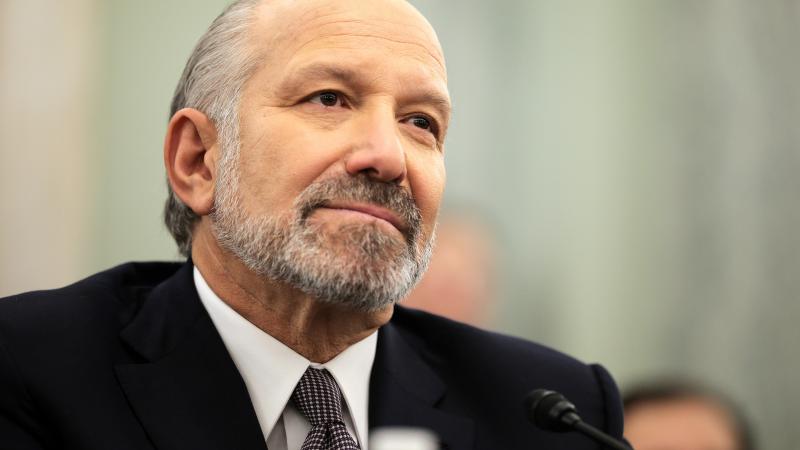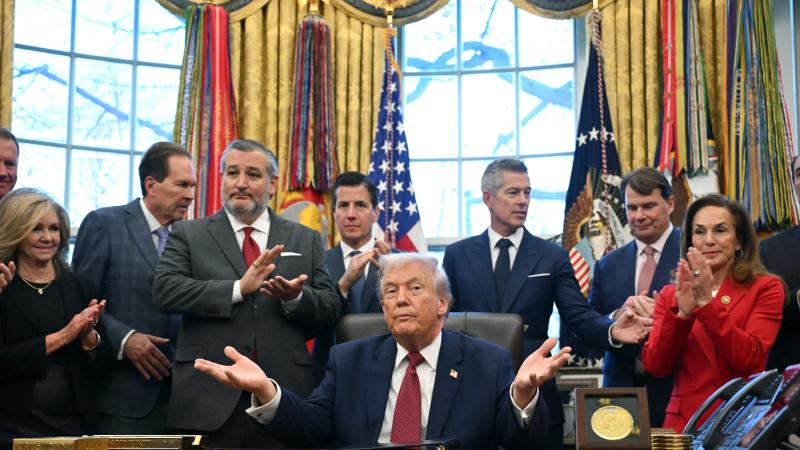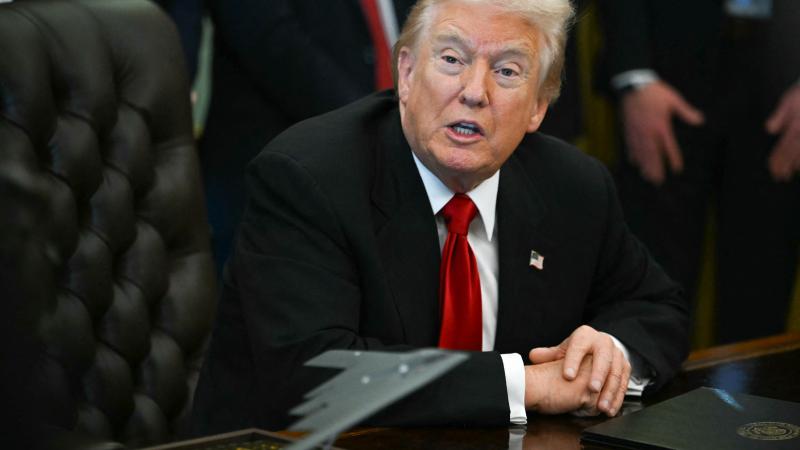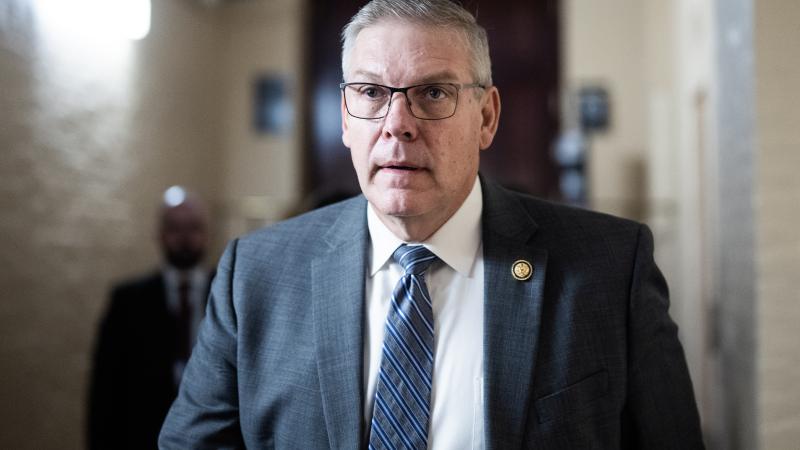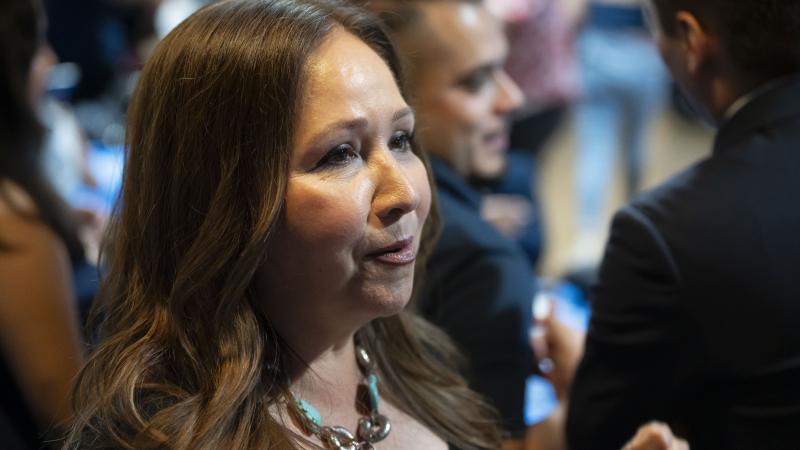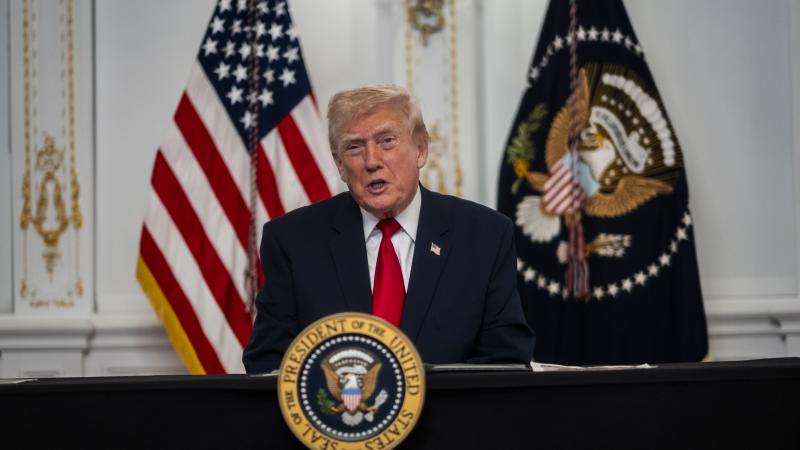As Biden celebrates election results, corporate America lays off workers with recession looming
The combination of corporate fears of a recession and voter concerns about the economy indicate President Biden won't be able to rest easy despite Democrats' stronger-than-expected election results.
As the country was focused on the midterm elections, corporate Americans was bracing for an economic downturn by cutting jobs to rein in costs.
The tangible impacts of companies anticipating a possible recession next year come as exit polls from Tuesday's voting show the economy, particularly inflation, ranked across the board as the top issue for voters — reinforcing what countless polls showed for months leading up to Election Day.
The combination of corporate fears of a recession and voter concerns about the economy indicate President Biden won't be able to rest easy after he celebrates Democrats performing better than expected in the election.
The latest job cuts occurred on Wednesday, when Facebook parent Meta announced the company is laying off 13% of its staff.
"Today I'm sharing some of the most difficult changes we've made in Meta's history," CEO Mark Zuckerberg wrote in a message to employees. "I've decided to reduce the size of our team by about 13% and let more than 11,000 of our talented employees go. We are also taking a number of additional steps to become a leaner and more efficient company by cutting discretionary spending and extending our hiring freeze through Q1."
The layoffs came after Meta issued a weak forecast last month for its fourth quarter earnings, spooking investors and causing its shares to drop nearly 20%.
Meta's costs and expenses jumped 19% year over year in the third quarter to $22.1 billion while its overall sales declined 4% to $27.71 billion in the quarter. Operating income dropped 46% from the previous year to $5.66 billion.
"I want to take accountability for these decisions and for how we got here," said Zuckerberg, who explained recruiting will be disproportionately affected since the company plans to hire fewer people in 2023. "I know this is tough for everyone, and I'm especially sorry to those impacted."
Meta's decision was the latest of a string of recent corporate layoffs amid fears of a coming recession next year.
Twitter, for example, laid off half its workforce last week after Elon Musk purchased the company. Intel is cutting thousands of employees, perhaps 20%. Microsoft laid off about 1,000 workers this week. Ride-hailing firm Lyft said it will lay off about 13% of its workforce. Digital payments firm Stripe is cutting its staff by about 14%. And Morgan Stanley is expected to start a fresh round of layoffs in the coming weeks.
Several other companies have also laid off employees, plan to do so, or imposed hiring freezes.
Job cuts announced by U.S.-based employers increased 13% to 33,843 in October, the highest since February 2021, according to a recent report by the firm Challenger, Gray & Christmas.
Meanwhile, forecasts of a recession next year have become increasingly common — in many cases a matter of when, not if, due to the highest levels of inflation in four decades.
"I think it's quite likely the U.S. has a mild recession next year," former Boston Federal Reserve President Eric Rosengren told CNBC on Tuesday. He explained the Federal Reserve may need to increase interest rates to more than 5% in an effort to combat inflation, which could push the economy into a downturn next year.
The U.S. and European economic teams for Barclays bank also forecast recessions for next year.
The wave of layoffs and recession predictions come as Biden and Democrats celebrate an unexpectedly strong performance in the midterm elections, confounding expectations of a massive, "red tsunami" victory for Republicans.
Biden appeared to have the best midterm election of any president in 20 years by minimizing his party's losses — a result that almost defies credulity in light of what voters consistently told pollsters was motivating their choices this election cycle However, once the dust settles and all the results are finalized, the economy will remain a key issue for which the American people expect improvement — especially with the prospects of a recession looming on the horizon.

